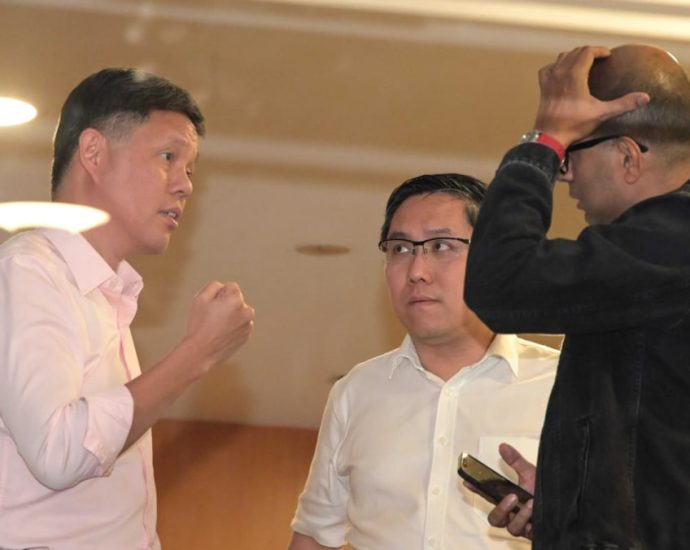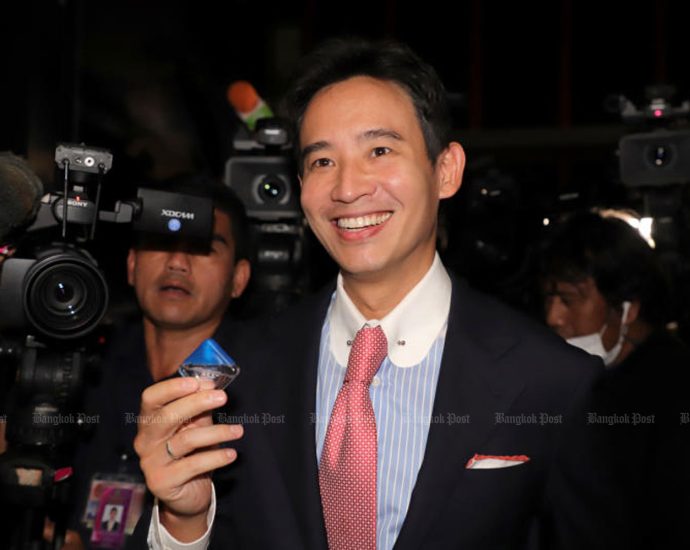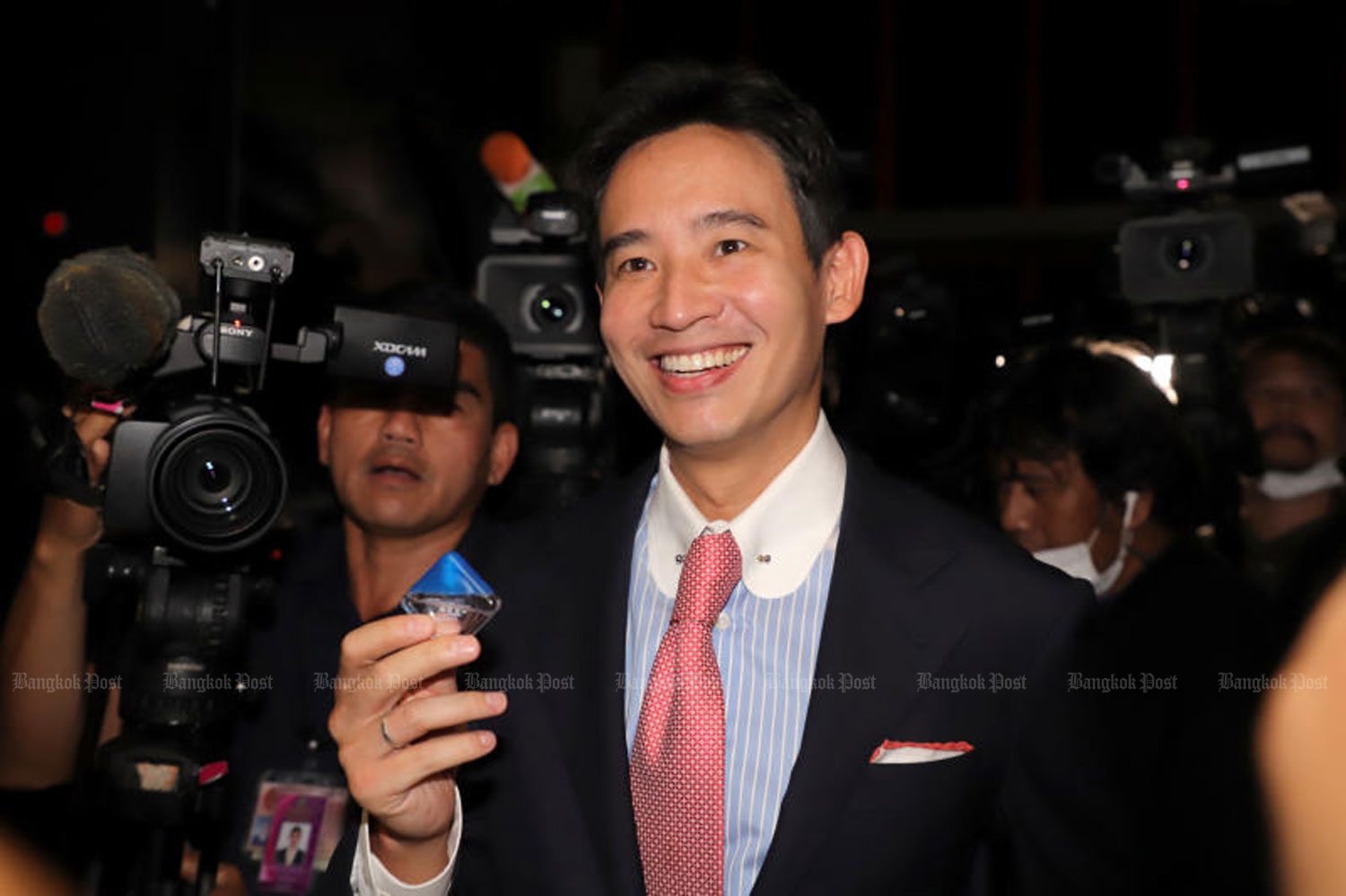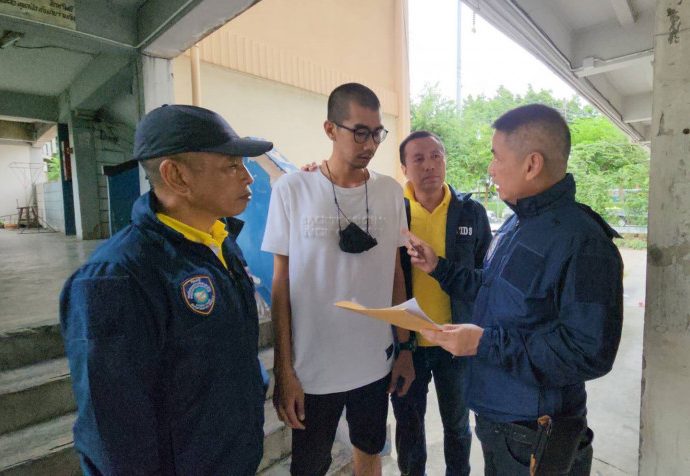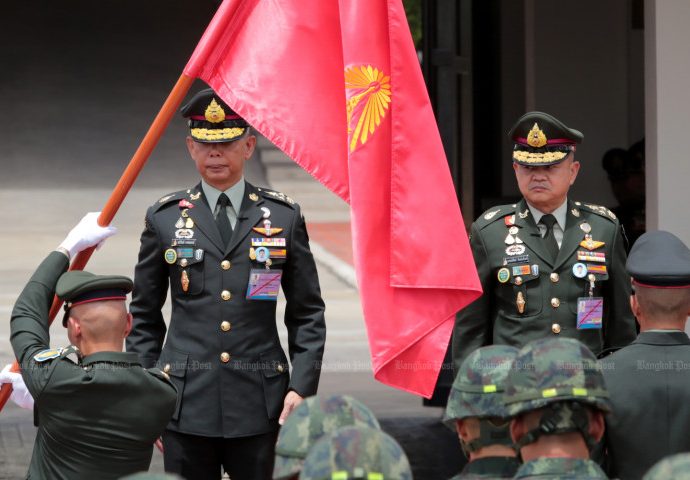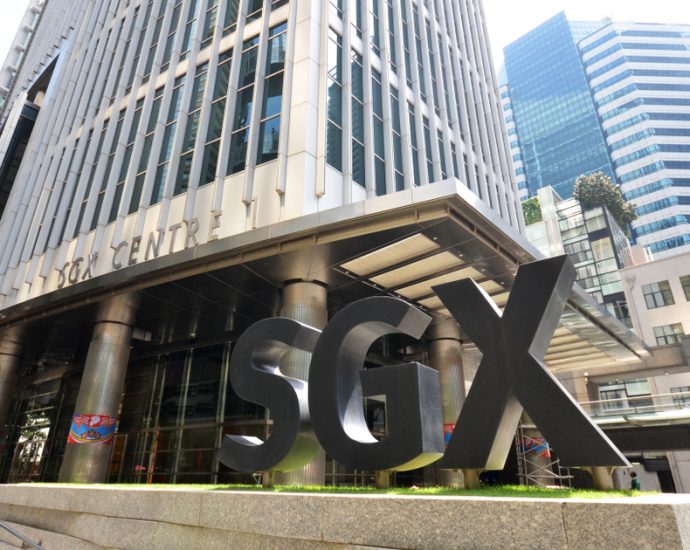FDA warns dengue test kits not for personal use

PUBLISHED : 19 Jul 2023 at 04:00
The Food and Drug Administration (FDA) has warned the public not to purchase dengue test kits to identify the disease themselves because the kits are for expert use.
FDA deputy secretary-general Lertchai Lertwut said the FDA had approved dengue testing kits that are quite active in identifying patients.
However, the kits must be used only by doctors, he said.
This is because dengue diagnosis requires not only virus detection tools but also other diagnostic and clinical assessments from a doctor.
He said there are several methods to identify if a person is infected by the dengue virus, such as RT-PCR, antibody tests, Dengue Virus Antigen Detection (NS1), and dengue testing kits.
However, the FDA has not yet approved the dengue testing kits for consumers’ personal use, he said.
Mr Lertchai suggested consumers who suspected themselves of having symptoms of the dengue virus, such as a high fever (40°C), muscle, bone or joint pain, and a rash, among others, visit the doctor. The Public Health Ministry expects the number of dengue patients this year will rise.
According to the Department of Disease Control, 36,470 people were infected with dengue from January to July this year. Total fatalities were 33. Last week, 5,428 people fell ill because of the virus, a jump from about 3,000 the week before.


